OPDIVO (Nivolumab), commonly known as O drug, is the world’s first PD-1 inhibitor. It restores the anti-tumor immunity of the human immune system by blocking the binding of PD-1 receptors and their ligands. reaction. Currently, a total of 11 tumor types have been approved in 66 countries and regions around the world, covering lung cancer, head and neck cancer, gastric cancer, esophageal cancer, liver cancer, kidney cancer, colorectal cancer, urothelial cancer, melanoma, and Hodgkin lymphoma. , pleural tumors.
On February 9, 2021, Bristol-Myers Squibb (BMS) China announced the clinical study results of the Phase 3 clinical study CheckMate-274: Opdivo (nivolumab) as adjuvant treatment for muscle-invasive urothelium with high risk of recurrence For patients after surgery for cancer, the primary study endpoint was reached in all randomized populations and in patients with PD-L1 expression ≥1%, and the disease-free survival (DFS) of the patients could be significantly improved.
Nivolumab nearly doubled patients’ disease-free survival (DFS) compared with placebo.
CheckMate -274 is a randomized, double-blind, multi-center phase 3 clinical study designed to evaluate the efficacy and safety of Opdivo compared with placebo in patients with muscle-invasive urothelial carcinoma who are at high risk of recurrence after radical surgery. Patients were eligible regardless of whether they had received neoadjuvant therapy before surgery, and whether participants received neoadjuvant cisplatin therapy was a stratification factor in the study. A total of 709 patients were randomized in a 1:1 ratio to receive nivolumab 240 mg every two weeks or placebo for up to one year. The primary endpoint of the study is disease-free survival for all randomized patients (ie, the intention-to-treat population) and for patients whose tumors express PD-L1 ≥1%. Key secondary endpoints include overall survival (OS), non-urothelial relapse-free survival (NUTRFS), and disease-specific survival (DSS).
The study results showed that in all randomized populations, the median DFS [21.0 months] in the treatment group receiving nivolumab was nearly doubled compared with the median DFS [10.9 months] in the placebo control group; the risk was reduced by 30 %. In patients with PD-L1 expression ≥1%, nivolumab reduced the risk of disease recurrence or death by 47%, with a median DFS of not reached and 10.8 in the nivolumab and placebo control groups, respectively. moon.
Additionally, nivolumab showed improved efficacy on key secondary endpoints, including non-urothelial relapse-free survival (NUTRFS); the time patients live without disease recurrence outside the bladder, ureter, or renal pelvis. Across all randomized populations, median NUTRFS was more than two years [24.6 months] in the nivolumab-treated patients versus 13.7 months in the placebo group. Among patients with PD-L1 expression ≥1%, the median NUTRFS was not reached in the nivolumab group and 10.9 months in the placebo group.
In this study, the safety profile of nivolumab was consistent with that previously reported in other solid tumor clinical studies. Treatment-related adverse events (TRAEs) occurred in 77.5% and 55.5% of patients receiving nivolumab or placebo, respectively, and the incidence of grade 3 or 4 TRAEs was 17.9% and 7.2%, respectively.

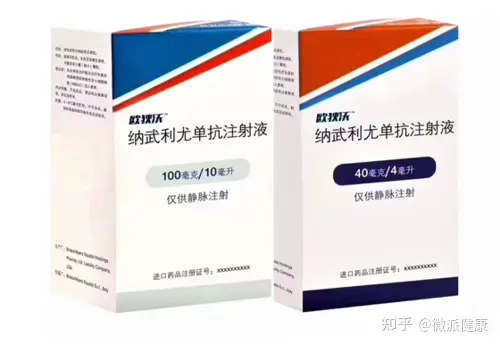
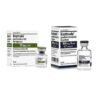




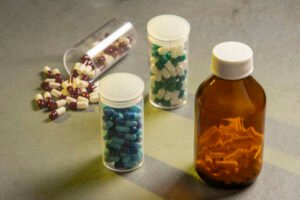


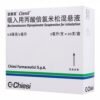
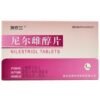
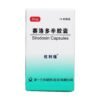
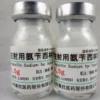

Leave a reply